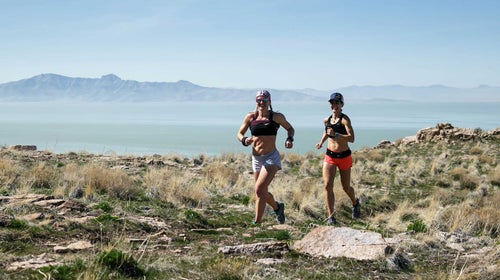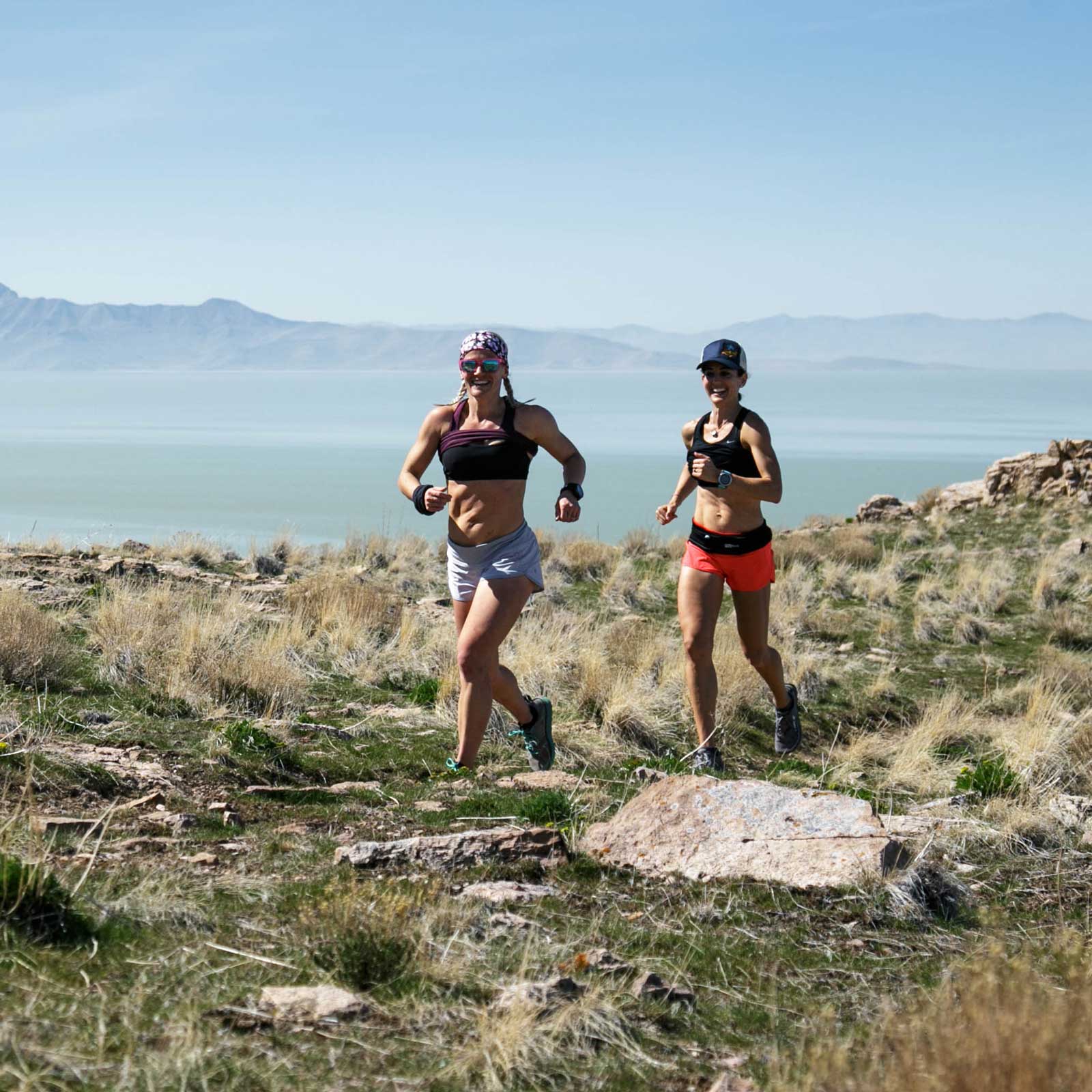Last Tuesday, the 330 runners who were registered for Utah’s annual �����Ի� got their pre-race email. Race organizer�� laid out the usual specs, including directions, start times, course information, and the modest prize purses for half-marathon winners: $100, $60, and $40 cash prizes for the fastest men. But one detail was unexpected—the women on the podium would walk away with a bit more: $120, $75, and $50.
“Why more for the women?” Skaggs wrote in the e-mail. “Women typically get paid 80%��of what men do in this country, for the same work. This is my little effort to make up for that shortfall. If you have issues with that, I’ll be happy to discuss them with you.” Skaggs has been hosting races at Antelope Island State Park for over a dozen years, but this was the first time he was offering��the female winners a heftier prize.
In a sport with notoriously poor participation rates for women, this gesture is extremely unusual,��to say the least—and perhaps overdue. The wage gap between American women and men across industries, and athletes are certainly not exempt.
“Too many women running friends of mine have told me tales of their issues on the trails over the years,” Skaggs says. In July, professional ultrarunner (a friend of Skaggs) about her experiences seeking equal pay from running sponsors. At the time, the ultrarunning community was embroiled in a heated debate about the Vermont 100, which had historically given awards to the top ten men��but only the top five women. Athletes ��for equal representation, and Kimball offered her own experience for context. She estimated that she was underpaid over a 14-year career to the tune of $100,000��when she stacks her compensation up against similarly accomplished men in her world. “I’ll be damned if I sit back and watch my friends’ daughters dream of being the top of their sports while expecting well less than half the pay of their male counterparts,” she wrote.
“That really struck a chord,” Skaggs says. “I felt strongly enough about it that I needed to step up and do something about it as well. It’s time to give back a little bit. Time to make amends.” He’d heard of other trail races going beyond equal pay and offering a little extra for women. The top female finisher in the , for instance, earns $1,250, and first place in the 50-miler earns $675. The male winners make $1,000 and $500, respectively.
More broadly, the ultrarunning world may finally be reckoning with its gender inequity. This year, the Vermont 100 eventually conceded after like Kimball and Clare Gallagher, offering awards to equal numbers of men and women. In recent months, the and also both implemented pregnancy deferral policies, following consistent advocacy from female athletes, including ultrarunner Stephanie Case.
The response to Skaggs’s $20 punch to the patriarchy has been overwhelmingly positive, and the move garnered throughout the trail-running community. Caroline Wallace, a 26-year-old from Salt Lake City who took first place in the 50K this past weekend, is optimistic that this is just the beginning. “I definitely hope that it’s an indication of where things are going—and I think it is. If small, local races can do this, then the bigger ones can and should as well.”


